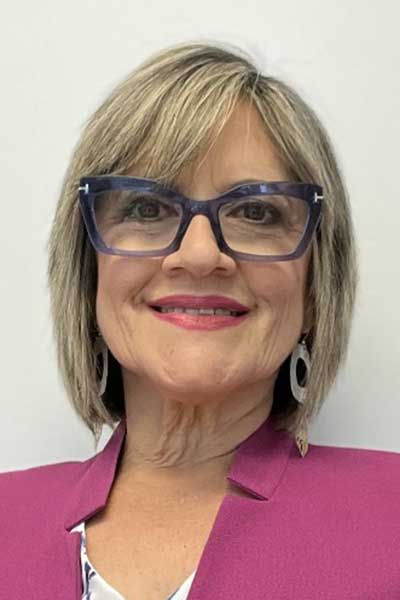Special Session 3: Social Determinants of Health: Impact on Cancer Care
Tuesday, December 5 • 12:00 p.m. – 1:55 p.m. • Stars at Night Ballroom 1-2
Presentation: Screening for health-related social needs, and now what?

Barbara Segarra-Vazquez, DHSc
University of Puerto Rico Medical Sciences Campus,
San Juan, Puerto Rico
What is your presentation about?
My presentation is around the issue of screening cancer patients for health-related social needs (HRSN). This presentation is part of the Special Session Social Determinants of Health: Impact on Cancer Care. Screening cancer patients for health-related social needs (HRSN) is not a standardized practice yet. There is a gap in randomized studies to understand what the best tool to screen is, who should be screened, when and how often to screen patients, what to do with the information, etc. Some argue that institutions should not screen for social needs that the care center cannot provide. At the same time patients can feel singled out, afraid to be honest, thinking they would receive sub-optimal treatment, and have wrong expectations, among others. In this session we will address the importance of screening for HRSN such as transportation, housing, food security, and financial strain. Strategies to approach the patient and possible ways to address the needs will also be discussed.
What makes this topic important in 2023?
This topic is important because cancer patients have health-related social needs that can affect their outcomes. Even though there has been a decline in cancer mortality, disparities persist when minority patients are compared to white patients. Addressing health-related social needs can improve patients’ care and outcomes.
How did you get involved in this particular area of breast cancer research, care, or advocacy?
I am a two-time breast cancer survivor, and I have been a research patient advocate for 12 years. The two times I have been faced with a cancer diagnosis, I was fortunate enough to have a great job, great insurance, amazing support of family and friends, and a team of doctors that spoke my language and shared my same culture. That is not the reality of many patients, especially minority populations. As a Hispanic/Latina, I have tried to be the voice of those that do not have a seat at the table. Minority populations have a higher burden of health-related social needs that affect their care and survival. We all should be fighting for health equity and doing our part. As a survivor and Hispanic/Latina, I bring real life situations to find ways to offer better care for cancer patients.

